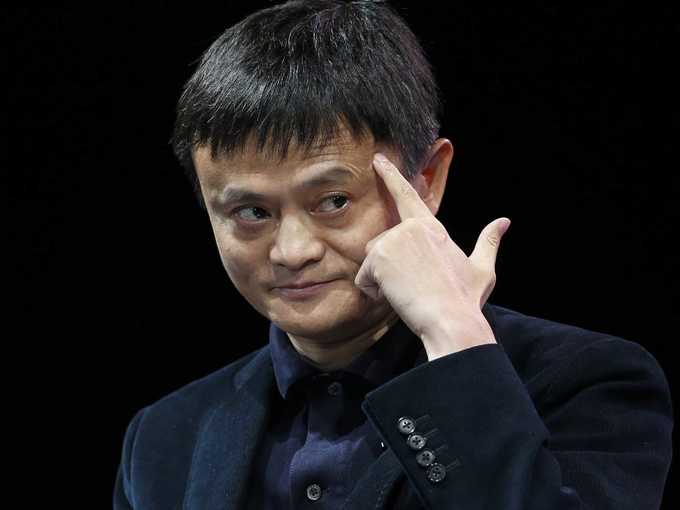
Alibaba, an organization that valued itself as high as $163 billion (before going for an IPO), dispatched its IPO on the NYSE. The announcement, made by
A variable interest entity (VIE) is an entity in which the investor has acquired less than a majority of shares. A variable interest entity (VIE) is liable to consolidation under certain conditions.
The VIE structure became the most important factor 14 years back to permit Chinese organizations in commercial ventures with an outside proprietorship, ordinarily telecommunications and technology, to list on overseas trades. The structure includes a Chinese entity that holds the vital permits and licenses to work in China, and a foreign entity listed offshore. The offshore recorded organization ordinarily has an entirely claimed auxiliary Chinese shell organization, which goes into agreements with the Chinese. Contracts between the two stipulate that the Chinese organization exchanges its benefits to the shell organization as its essential recipient as expenses and eminencies.
VIE is very common for US technology companies, it’s aptly said, you can't stroll down the road in Palo Alto without stumbling over a VIE trip wire. If you are in the Internet space and taking a gander at China you are taking a gander at VIE.
The Chronicles of Alibaba & VIE
Alibaba had at first looked to list in Hong Kong, generally supported among Chinese organizations for its vast financial specialist base that is moderately familiar with Chinese equities. Truth be told, Hong Kong has been the main offshore capital arrangement community for organizations from China for as long as two decades. Be that as it may, the Hong Kong Stock Exchange rejected Alibaba's posting demand, on grounds of risky administration structure. Accordingly, Alibaba swung to New York, the main worldwide posting venue for innovation organizations with laxer controls on remote VIEs. The IPO was the third biggest in history and Alibaba now has a more prominent market capitalization than CitiGroup or Facebook.
-You Don’t Own Anything : Among various risks, purchasers of the stock don't possess the fundamental business, since Chinese government controls limit remote proprietorship in the area. They will have rights to revenue just through contracts that legal advisors say may not be enforceable. There are two general classifications of risk–legal/administrative and business.
-
An organization can utilize such a vehicle to back an investment without putting the whole firm at risk. The issue, as with special purpose vehicles (SPVs), is that they have turned into a technique for concealing things.